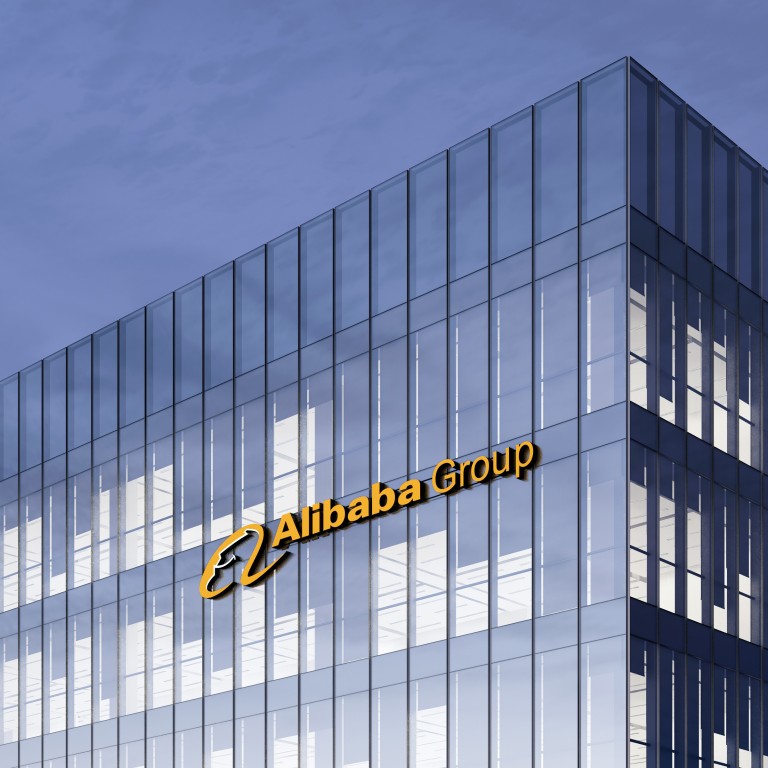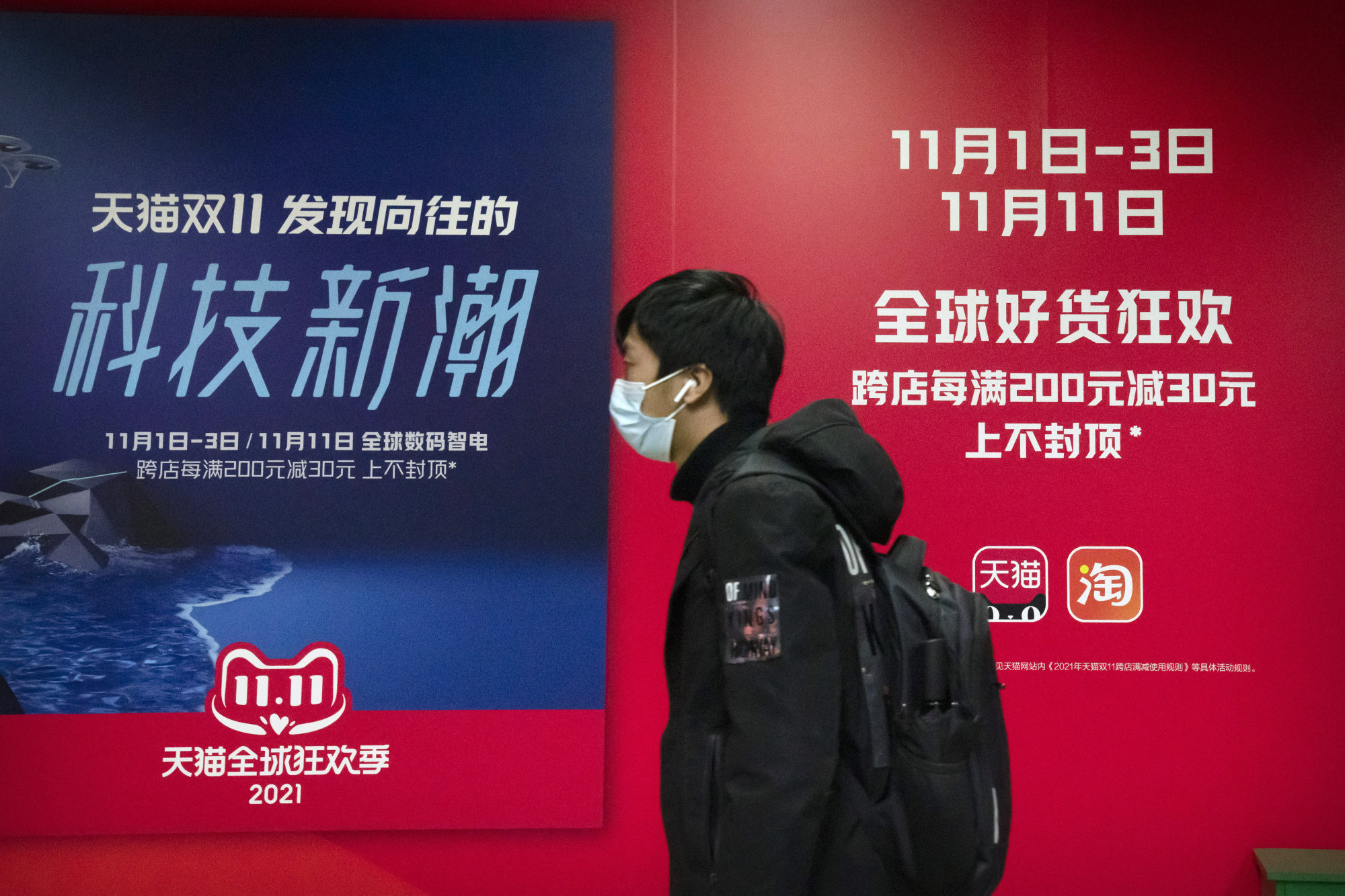
Alibaba quarterly revenue growth slowest on record as business in China remains hobbled by tightened regulation, weak consumer spending
- The e-commerce giant’s revenue in the quarter ended December rose 10 per cent to US$38.07 billion, which missed analysts’ consensus estimates
- Net income was down 74 per cent from a year ago to US$3.21 billion, which was worse than the 60 per cent decline projected by analysts
The Hangzhou-based company, parent of the South China Morning Post, said total revenue in the December quarter reached 242.58 billion yuan (US$38.07 billion), compared with 221.08 billion yuan in the same period last year, on the back of steady growth at its cloud, China commerce, local consumer services and international commerce operations. Still, that missed the 245 billion yuan consensus from analysts’ estimates compiled by Bloomberg.
Net income reached 20.43 billion yuan, down 74 per cent from 79.43 billion yuan a year earlier, which was worse than analysts’ consensus estimates of a 60 per cent drop to 31.5 billion yuan. The decline was mainly attributed to impairment of goodwill totalling 25.14 billion yuan and a decrease in net gains arising from changes in fair value of its equity investments.
“Alibaba delivered steady progress this quarter, as we continued to execute our multi-engine growth strategy in a complex and volatile market environment,” said Alibaba chairman and chief executive Daniel Zhang Yong in a statement on Thursday.
“We achieved positive momentum in key strategic businesses through a disciplined focus on capacity building and value creation to fuel our future growth. Our global annual active consumers grew at a solid pace, reaching 1.28 billion on the strength of a quarterly net increase of 43 million.”

The financial results of Alibaba, China’s biggest e-commerce services provider, are seen as a bellwether of consumer spending in the world’s most populous country and an important barometer of its economic health.
In a conference call with analysts after the market closed on Thursday, Alibaba’s Zhang said a new “stimulus policy from the government” and less disruptions from Covid-19 would help revive domestic consumption.

Sales at Alibaba’s China commerce business totalled 172.23 billion yuan in the December quarter, up 7 per cent from a year earlier, to make up 71 per cent of the group’s overall revenue. For the 12 months ended December 31, its China commerce business had 882 million annual active consumers, representing a quarterly net increase of about 20 million, primarily driven by additions from Taobao Deals.
Its international commerce segment grew 18 per cent last quarter to 16.45 billion yuan, providing a 7 per cent contribution to total quarterly revenue.

Cloud services revenue rose 20 per cent to 19.54 billion yuan last quarter, which made up 8 per cent of the group’s overall revenue last quarter.
Toby Xu, chief financial officer at Alibaba, said during the analysts’ conference call on Thursday that Alibaba Cloud’s business “from the financial and telecommunications industries partially offset” the impact of a former top customer’s decision “to stop using our overseas cloud services for its international business due to non-product-related requirements”. Xu also indicated that there was “slowing demand from customers in the internet industry, such as online entertainment and education”.
The group’s local consumer services business, which includes online food delivery platform Ele.me, saw a 27 per cent jump in sales to 12.14 billion yuan, which made up 5 per cent of total revenue.


